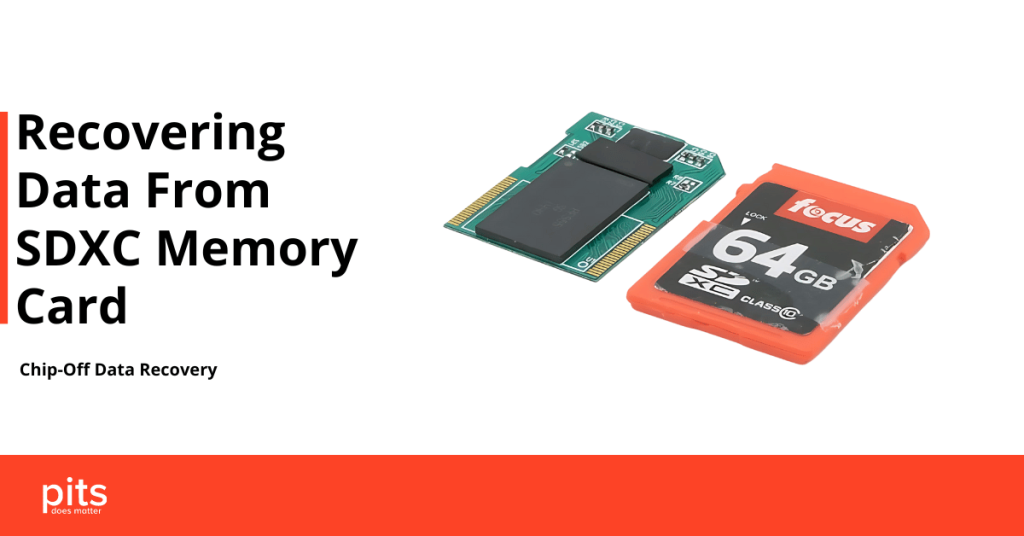Accidentally deleting files from your PC can be a stressful experience, especially if those files are important documents, cherished photos, or crucial work projects. Fortunately, in many cases, it is possible to recover deleted files. This blog post will guide you through the methods of data recovery for deleted files from your PC, including steps to take and tools you can use to retrieve your lost data.
Understanding File Deletion
When you delete a file from your computer, it typically moves to the Recycle Bin (on Windows) or Trash (on macOS). Files in these locations can be easily restored. However, when you empty the Recycle Bin or delete files using Shift + Delete, they may not be immediately lost; instead, the operating system marks the space as available for new data. This means that the actual file data may still exist on the hard drive until overwritten by new files.
Steps to Recover Deleted Files
1. Check the Recycle Bin or Trash
The first step in recovering deleted files is to check your Recycle Bin or Trash. If your file is still there, you can easily restore it:
- Windows: Open the Recycle Bin, right-click on the file, and select Restore.
- Mac: Open the Trash, right-click on the file, and select Put Back.
2. Use File History or Backup
If you have previously set up a backup system, such as File History on Windows or Time Machine on macOS, you can recover deleted files from your backup:
- Windows File History: Go to Settings > Update & Security > Backup. Select More options, then choose Restore files from a current backup.
- Mac Time Machine: Connect your backup drive, open the folder where the file was located, and launch Time Machine. Use the timeline to find the deleted file and restore it.
3. Utilize Data Recovery Software
If the file is not in the Recycle Bin and you don’t have a backup, you may need to use data recovery software. These tools can scan your hard drive for deleted files that have not yet been overwritten. Here are some popular options:
- Recuva: A user-friendly software for Windows that helps recover lost files from hard drives, memory cards, and other storage devices.
- EaseUS Data Recovery Wizard: Available for both Windows and macOS, this software allows you to recover files from various types of storage.
- Disk Drill: This tool is suitable for both Windows and macOS and provides an intuitive interface for file recovery.
4. Consult a Professional Data Recovery Service
If the file recovery software does not yield results, or if the data is extremely critical, it may be time to consult a professional data recovery service. These experts have advanced tools and techniques for recovering lost data, even from damaged or corrupted drives.
Tips to Prevent Future Data Loss
To reduce the risk of losing important files in the future, consider the following best practices:
- Regular Backups: Implement a consistent backup strategy using cloud storage or external drives. Regularly back up important files to ensure they are safe.
- Use File Versioning: Some applications allow you to save different versions of files. This can help you revert to an earlier version if needed.
- Be Cautious with Deletion: Double-check before deleting files, especially when using Shift + Delete. Always ensure you’re not deleting something important.
Conclusion
Recovering deleted files from your PC is often possible, especially if you act quickly and utilize the right tools. Whether you check the Recycle Bin, use backup solutions, or employ data recovery software, there are multiple avenues to explore. By understanding the recovery process and implementing preventive measures, you can safeguard your valuable data against accidental deletion in the future. Remember, the best defense against data loss is a solid backup strategy!


